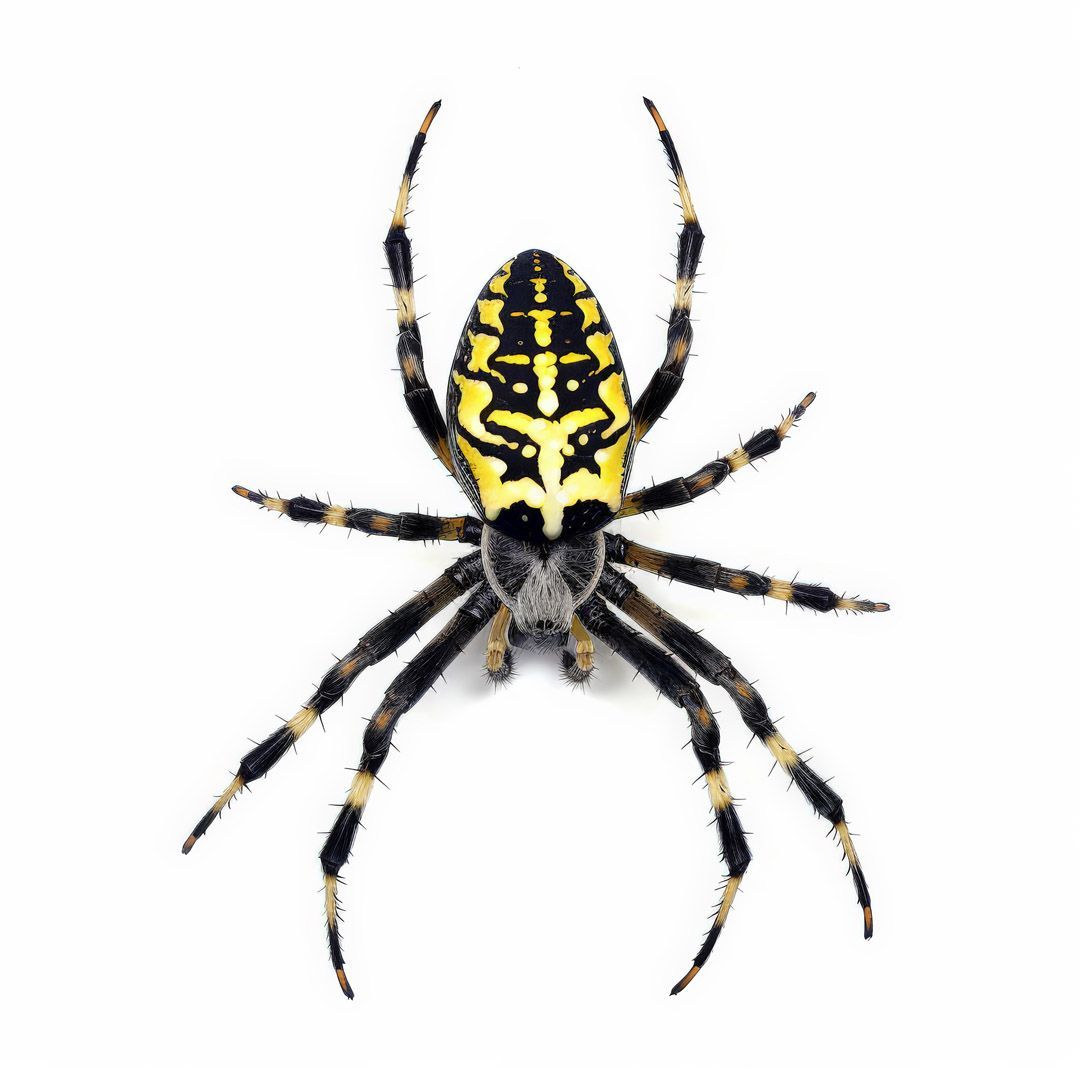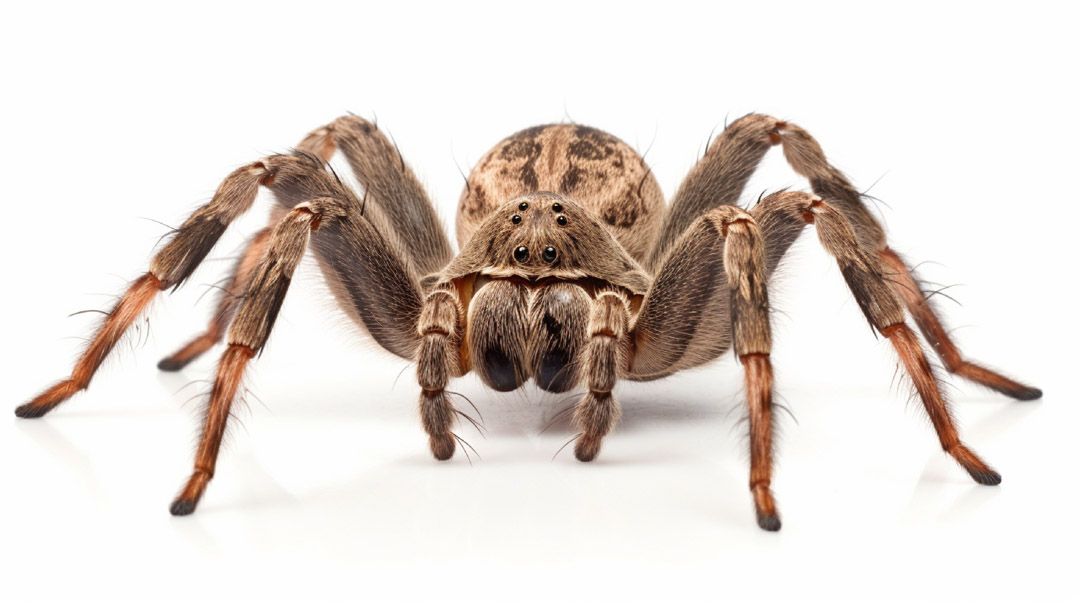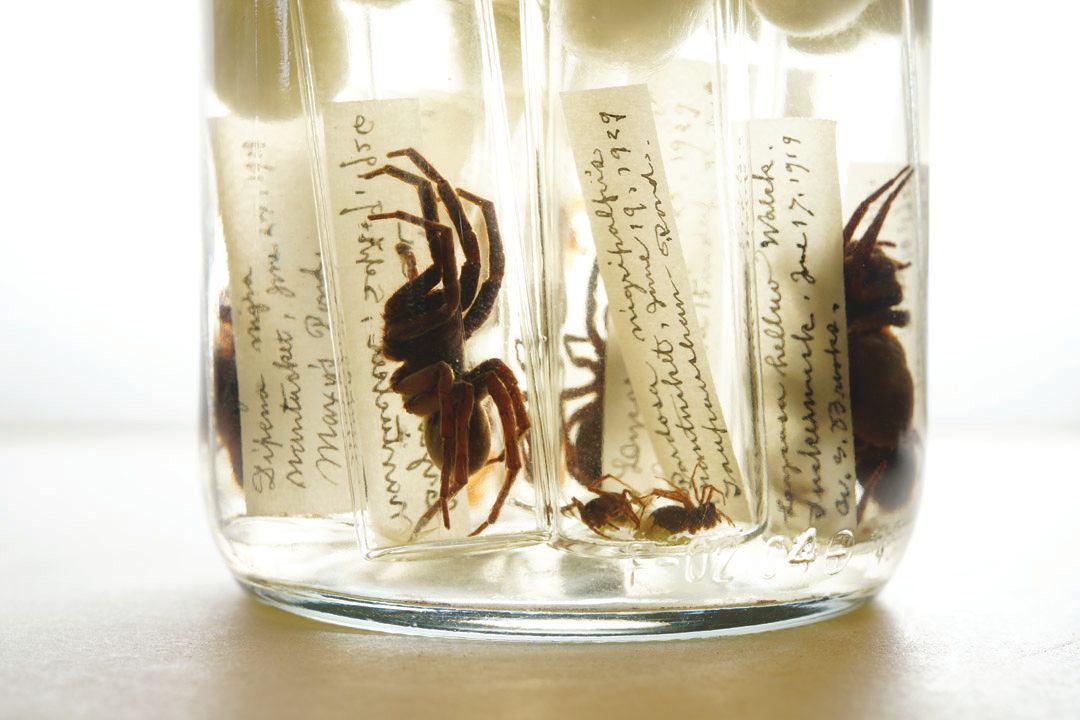ArACKnophobia!
Though widely feared, spiders are an ecological boom to Nantucket.
Written by Jonathan Soroff
Photography by Kit Noble

Among the planet’s unloved creatures, spiders are perhaps the most unreasonably loathed. In literature, including the Bible, they serve as metaphors for calculated treachery, while folklore from medieval times to modern Hollywood depicts them as a basic ingredient of horror. No wonder arachnophobia consistently ranks among the top 10 most common fears, and if you suffer from it, you may want to stop reading here.
As it turns out, Nantucket (including Tuckernuck and Muskeget) is home to over 270 documented species of arachnids—a biological anomaly for such a small and isolated island, and the spider population includes several varieties of the most feared: two types of black widow and two types of tarantula. In fact, the eensie-weensie spider crawling up your waterspout might even be a type that has yet to be cataloged.
“Nantucket has been a hotspot for arachnologists for over 100 years,” says spider expert John Dobyns, an instructor at St. Norbert College who teaches a course every other summer on the Creatures for UMass Boston at its Nantucket Field Station. Dobyns points out that the eminent arachnologist James Emerton conducted research on the island in the early 20th century. While the collection at the Maria Mitchell Association includes 234 species, a census by MMA-affiliated naturalist Andrew McKenna-Foster has expanded that number. Dobyns says, “In my mind, there’s certainly over 300. It’s a moving target, and new discoveries are made every year.”
In 2006, McKenna-Foster was tasked by the Nantucket Biodiversity Initiative to update its last spider census, conducted in the 1920s. He spent three years collecting specimens and cataloging them. “There are still a lot of mysteries on Nantucket,” he says. “It has a unique mix of species, and we don’t know why there are so many different ones.”
One theory is that there are so many different ecosystems that provide favorable habitats for the vast array, combined with spiders’ remarkable mobility. “Most of the spiders you’ll find on Nantucket were introduced,” McKenna-Foster says, undoubtedly arriving in the cargo holds of ships and the suitcases of unwitting tourists over the past several hundred years. Spiders can also travel vast distances by themselves using a technique called “ballooning,” during which the spider creates a parachute out of silk and can ride air currents for thousands of miles.
One previously undetected variety called Tiso was recently collected by both McKenna-Foster and Dobyns. Native to Scandinavia, it either stowed away or came via ballooning. Currently, only males have been found (both sexes must be collected to scientifically describe a species). While Dobyns was hoping to find a female this past July, he didn’t. However, his survey did identify three different new species, proving that the number continues to increase.

As for the black widows and tarantulas, populations are likely found due to where Nantucket sits geographically, leading to a mixing of species from the North and South. McKenna-Foster explains, “There’s one spider that’s only been seen in Florida and lives underground with the ants. Of the tarantulas, one is incredibly difficult to find because it’s the size of a quarter and only comes out to mate for one week during June.”
Among the island’s other eight-legged residents is the Carolina wolf spider, which grows to be the size of a man’s palm, and the black-and-yellow garden spider, which builds a web with a distinctive lightning-bolt pattern. Dobyns says, “I’m a huge wolf spider lover. They’re incredibly beautiful, but no one ever sees them because they burrow down in the sand.”
Whether you like or loathe the creatures, both McKenna-Foster and Dobyns adamantly point out that none of the species—including black widows and tarantulas—pose any threat to humans. Indeed, Jeff Coakley, communications manager at Nantucket Cottage Hospital, says, “Both our Emergency Department and Urgent Clinic directors have reported no recorded incidents of spider bites. It just doesn’t seem to be an issue on the island.” McKenna-Foster also notes that a bite is impossible to identify unless the person actually sees a spider doing it.
As for the widely feared brown recluse? Both McKenna-Foster and Dobyns point out that they don’t exist in Massachusetts. Chancellor Pollock, who co-owns Island Insect Control with partner Flint Ranney, confirms the claim. “Spiders are one of the things we get the least requests about,” he says, “with a little over a dozen calls this July. While they may look scary and aren’t the ideal pests to have in your home, they play a beneficial role in the ecosystem, as well as serving as natural bug controllers, preying on other insects, like mosquitoes.

“Luckily, Nantucket has no serious threat of poisonous spiders,” he continues, “the only real danger being that a bite from a species like the wolf spider can be painful, causing red swelling and irritation.”
Dobyns, meanwhile, stresses spiders’ salutary effect in controlling other, more dangerous pests. “Spiders eat things like spotted lantern flies, an invasive species that poses a major threat to agriculture. The only nightmare scenario I can envision with spiders on Nantucket would be an infestation of pirate spiders because they exclusively eat other spiders, and that would decimate the robust population.”
Above Dobyns’ desk hangs a framed quote of an old English rhyme that Nantucketers ought to take to heart:
If you wish to live and thrive, Let the spider run alive.
Latest Stories






